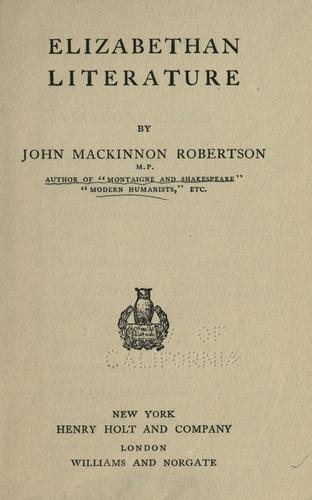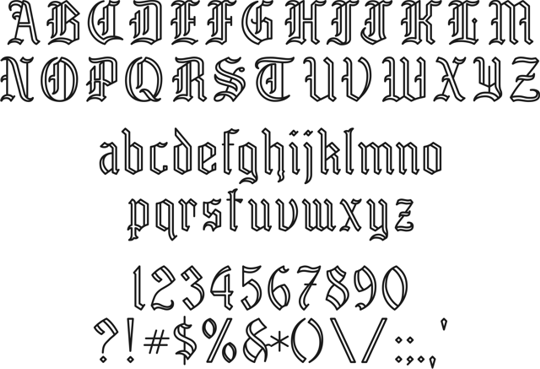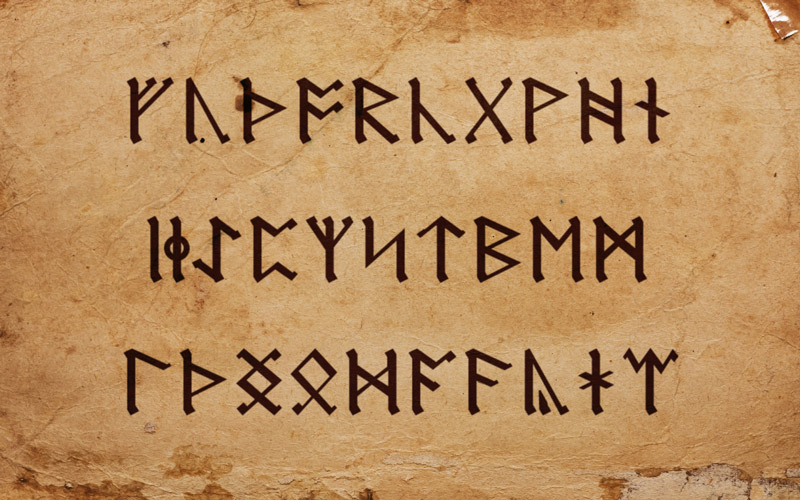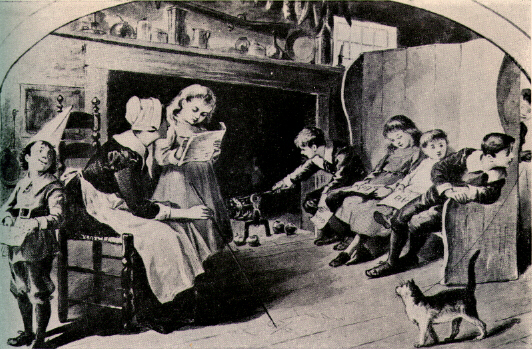The charm in the words used in the Elizabethan era still remains and is still remembered. When you consider how the Elizabethans spoke to one another, the uniqueness in their literature can be seen. For example, you can really feel the emotion and feelings about how they loved how their English sounded.
Even the early plays were packed with rhythms and alliterations. As well, you can see that Shakespeare himself during the Elizabethan time adopted several unusual words. Unlike today where sentences have to be well structured from a grammar perspective, this was not the case during Elizabethan times. It was much more important to have a nice-sounding sentence.

Elizabethan Words in English
Contents
Therefore, you will see many sentences with repeated words to give emphasis. A few words that were most commonly used are the following.
Adieu: farewell, An, And: if, Anon: soon, attend: listen to, Aye: yes, but soft: wait a minute. But: only, except for, counsel: advice, decree: order, discourses: speaks, dispatch: kill, doth: does, e’en: even, e’er: ever, foe: enemy, haply: perhaps, happy: fortunate, heavy: sad, suppressed, hence: away from here, hie: go: go, hurry, hither: here, mark: pay attention to marry: indeed, methinks: I think, nay: no, nought: nothing, plague: curse, pray: beg, privy: allowed, resolve: plan, sir rah: used to address people of a rant, thee, thou: you, thither: there, thou art: you are, thy: your, tidings: news, whence: where, wherefore: why, will: sesire, wilt: will, will you, withal: in addition, woe: misery, woo: chase, as in a boy/girl chase, would: wish.

What are some common words and phrases in Elizabethan English?
Some commonly used Elizabethan words and phrases were: “Hoe dost thou?” meaning, How are you?
“Funk” meaning the smell of tobacco.
“Kickie-wickie”, which was a loving term for a wife.
“By my troth” meaning “I swear it’s the truth”.
Elizabethan insults
Some interesting Elizabethan insults were:
- Lubberwort – lazy and stupid
- Gandermooner – a man who flirts with other women while his wife undergoes childbirth.
- Quatch – fat and pudgy
- canker-blossomed countenance – ugly
Shakespeare was an expert in using insults effectively in his plays. He even invented new insults and swear words to use them in his plays. Some of the classic Shakespearean insults are:
- Pox (Tempest)
- Lily-livered (Macbeth)
- “Away, you three-inch fool” (The Taming of the Shrew)
- “Come, come, you froward and unable worms!” (The Taming of the Shrew)
- “His wit’s as thick as a Tewkesbury mustard.” (Henry IV)

Spelling in Elizabethan Times
In the sixteenth century spelling and pronunciation of words were still being developed and the emergence of the new printing machines contributed to it. The great vowel shift had happened in accordance with Latin pronunciations and slowly Middle English was being fixed by the scholars and writers.
At this point, certain vowels that seemed different came to appear identical. It resulted in a further distinction of spelling.
How do you say “goodbye” in Elizabethan English?
In Elizabethan English “hello” and “goodbye” were said in a similar manner. Expressions such as “good morrow”, “God ye good the”, “Fare ye well” were used to say goodbye.
How do you say “hello” in Elizabethan English?
Expressions such as “Good morrow”, “Heigh-ho!” were used to say hello in Elizabethan times.
Shakespeare Words and Phrases
Shakespeare is a classic example of how the English language was since Elizabethan times. Throughout most of the literature he produced, you will find that he used the word “most” instead of the word “very”. So for example, if I were to say, “He is very high.” Shakespeare would have written, “He is most high”. This is confusing but just a slight change in the way the words were used.
As mentioned above, we can observe that several repeated words are there to give emphasis. Such as in Hamlet you will see sayings such as, “Excellent, Excellent well”. While this is confusing, this is also how they would speak to one another. It has a very distinguished sound to it that even those who speak English may find difficult to understand by today’s standards.

What are the 5 words Shakespeare invented?
Shakespeare contributed more words to English vocabulary than any other writer. He alone used over 2700 words in the English language. Five words invented by him are: bandits, critic, dwindle, elbow and lonely.
Elizabethan Language
A classic example of how the Elizabethans likely talked can be seen in the King James Version of the Holy Bible. The number of words used in the Elizabethan Language was constantly developing during Elizabethan times – their vocabulary was expanding. The average number of words used in a ‘commoners’ vocabulary during Elizabethan times was less than 500, compared with at least 7,500 words that are used in modern-day English.
Elizabethan writers and playwrights invented new words. William Shakespeare invented many of the words that he used in his plays. Shakespeare is credited with contributing more new words to the English language than any other single person – approximately 2,000.
More Info On- England Education in the Elizabethan Period, Literature, Dictionary